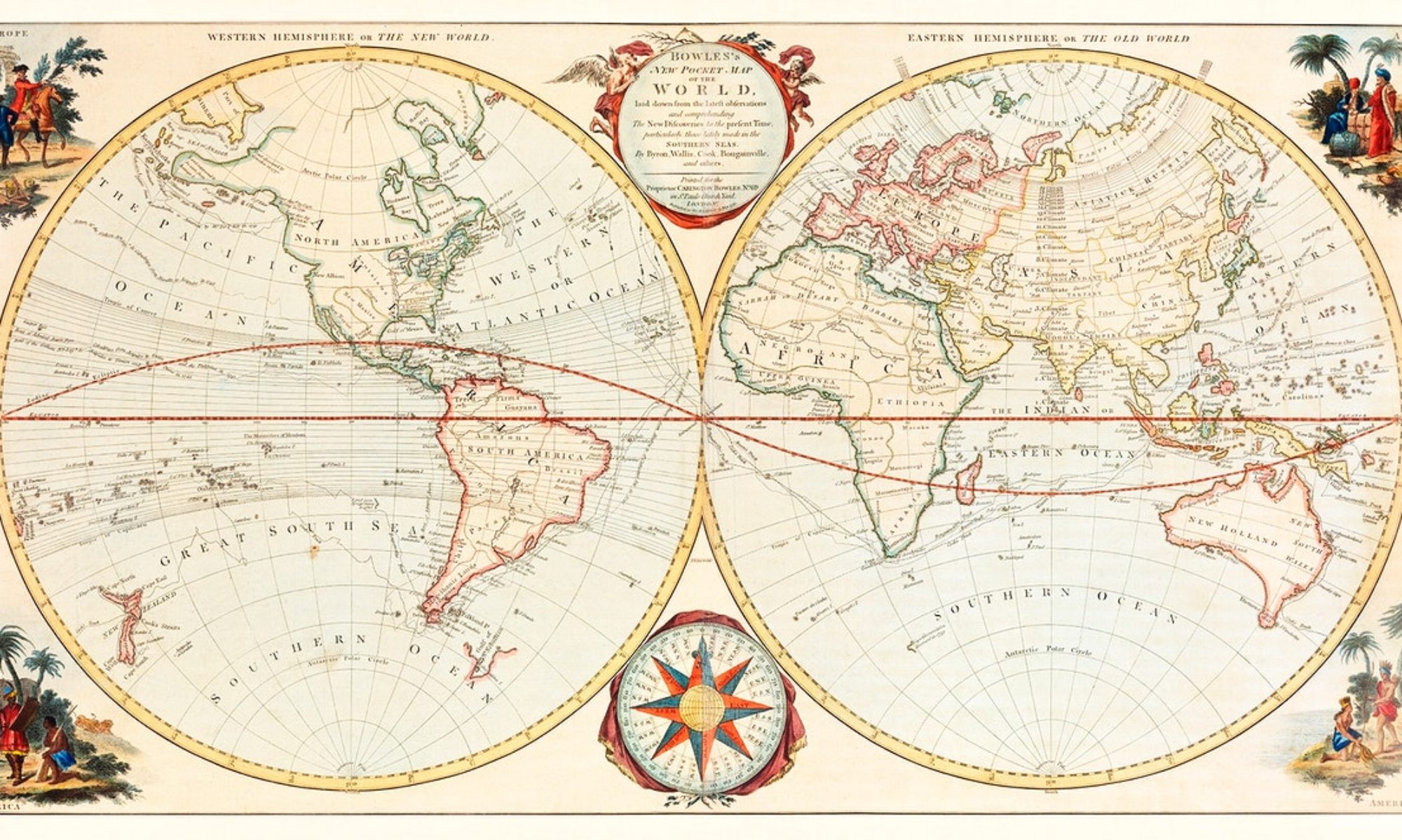DANIEL NICOLAS FOUBERT
Geo-economist and founder of Excalibur Insight, a Warsaw-based international business consultancy and analysis firm.
Why did France fall behind the United Kingdom, which was four times poorer and less populated in the 17th century? Why did Louis XIV fail to see the value of settling Canada and building a powerful navy? Why did he absorb France in endless European wars? Why did he sink the kingdom’s fortune into prestige expenses? Why did France have a fleet capable of competing with the English one only at the end of the 18th century? Why did Napoleon alienate the whole of Europe by installing his family on every vacant throne? Why did Napoleon III allow Germany to reunify? Why did France abandon its European security architecture only 7 years after the signature of the Treaty of Versailles? Why did she hand Poland over to Germany in 1939? Why has France persisted since the beginning of Russia’s war of aggression against Ukraine in a policy of appeasement of Russia that has caused it to lose half of its credibility within NATO? Why did she want a new European security architecture “from Lisbon to Vladivostok”? Why did she insist on promoting a concept of European “strategic autonomy” that was totally disconnected from the reality of European security? Why does France define itself as a “balancing power”, a commercial management concept that only serves to refuse to adopt a relevant international strategy?
What are the reasons for these problems? Is it the culture, the climate, the relief, the geographical location, or even the geological composition of the soil? But first of all, have we really looked at this issue? Of course not. The most obvious problems are more difficult to identify than the hidden ones, because they would not exist if we were aware of them. But the root of the problem is there: it is the difficulty to question ourselves.
We are often characterised as arrogant, cold, unpleasant, rigid, superficial, hypocritical, procedural and even manic. The other side of the coin includes qualities such as rationality, moderation, a sense of aesthetics, patience, ambition, a sense of synthesis, conciseness, precision, self-control, etc. But the aim here is not to flatter us. We have a fundamental problem of communication, which is the first infrastructure.
France is a system, an organism that was created in a certain environment, to survive there with an adapted way of life. It was the first modern state. No country in the world has a cult of the state comparable to that of France (with the possible exception of China). France is paying the price for this today. The first system to adapt to the conflictuality of post-Roman Europe, it is now suffering from its difficulty in adapting to a world operating on liberal principles. Worse still: some organisations have a greater capacity to adapt to new circumstances, whatever they may be. The rigidity of a hierarchical even more than centralised system, inherited from the monarchy, cements a courtly spirit that handicaps criticism and the exchange of ideas. The constant need for the French to filter their words can improve the quality of their sentences as much as dilute them with clichés. Let us remember that the English did not wait until the 18th century to cut off the heads of two kings. The French revolution was inspired by Anglo-Saxon experiences. For France, democracy is an imported system, difficult to acclimatise, which hinders its natural way of functioning and of which it has only a part of the instructions for use. France’s geography alone already seems to condemn it: one only has to look at the disproportionate weight of the Paris metropolis in relation to the rest of the country. If Paris were at the mouth of a river, like Rotterdam, this organisation would at least work on an economic level. France is like an overly specialised organism that can no longer evolve. It is like a wader.
This leads to :
– intermittent strategic planning, with difficulty in setting objectives outside the moments of national recovery that follow major crises.
– a sluggish understanding of the international environment. There is an intelligence problem, information does not circulate with the same capillarity as in the Anglo-Saxon world.
– an excessively hierarchical relationship with the world, which translates into a dull and outdated realpolitik.
Daniel Nicolas Foubert
Born into a four-generation Franco-Polish family, geo-economist and founder of the Warsaw-based international business consulting firm Excalibur Insight. He works to develop political and economic ties between France and Central Europe. He started as a Business Developer for Europe in the French fintech Lemon Way, and then worked as a Merger & Acquisition Analyst for Suez Poland and Mazars Poland, where he participated in the due diligence carried out by Accor during the sale of its stake in Orbis for €1.06bn. He holds a Master’s degree in Finance from Neoma Business School as well as a Master’s degree in International Relations and a Bachelor’s degree in History from Paris-Sorbonne University.

